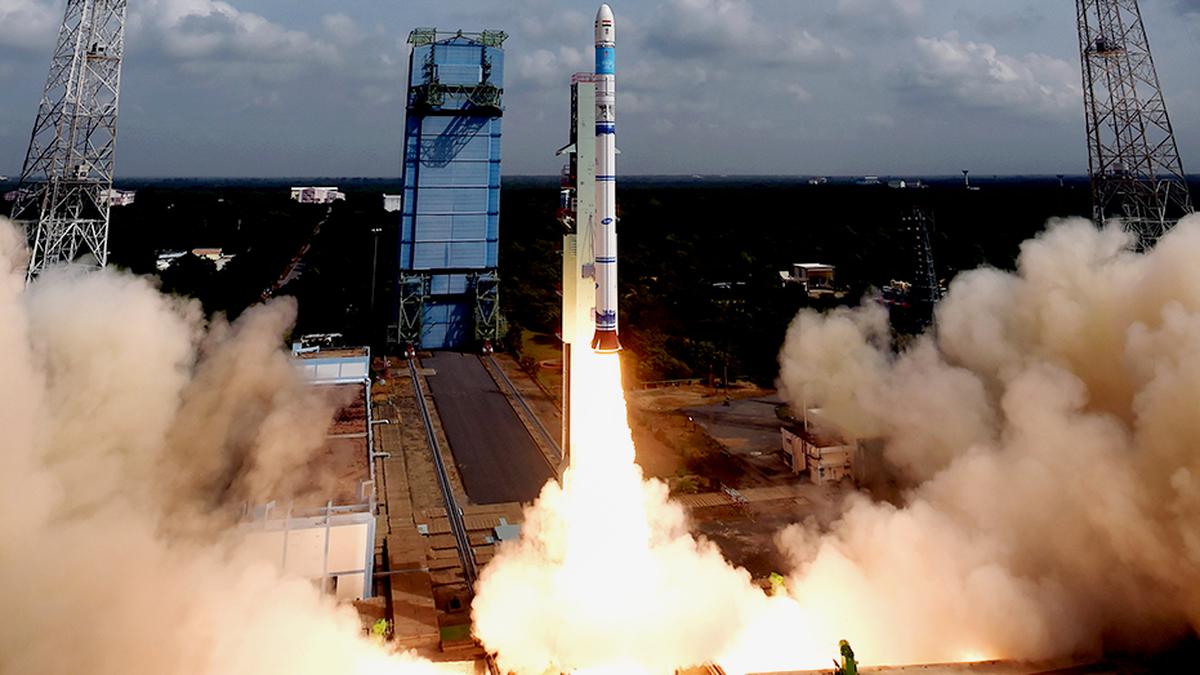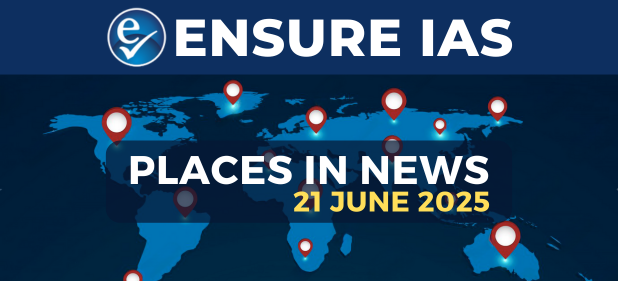- Courses
- GS Full Course 1 Year
- GS Full Course 2 Year
- GS Full Course 3 Year
- GS Full Course Till Selection
- Answer Alpha: Mains 2025 Mentorship
- MEP (Mains Enrichment Programme) Data, Facts
- Essay Target – 150+ Marks
- Online Program
- GS Recorded Course
- Polity
- Geography
- Economy
- Ancient, Medieval and Art & Culture AMAC
- Modern India, Post Independence & World History
- Environment
- Governance
- Science & Technology
- International Relations and Internal Security
- Disaster Management
- Ethics
- NCERT Current Affairs
- Indian Society and Social Issue
- NCERT- Science and Technology
- NCERT - Geography
- NCERT - Ancient History
- NCERT- World History
- NCERT Modern History
- CSAT
- 5 LAYERED ARJUNA Mentorship
- Public Administration Optional
- ABOUT US
- OUR TOPPERS
- TEST SERIES
- FREE STUDY MATERIAL
- VIDEOS
- CONTACT US
Supreme Court Ruling on Fraudulent Conversions for Reservation Benefits
Supreme Court Ruling on Fraudulent Conversions for Reservation Benefits
29-11-2024
- On 26th November 2024, the Supreme Court of India made an important ruling about fraudulent religious conversions for the purpose of getting reservation benefits.
- The Court decided that converting to a religion just to get reservation benefits without truly believing in that religion is a fraud on the Constitution.
- This decision came after the Supreme Court reviewed an appeal by C Selvarani, who was denied a Scheduled Caste (SC) certificate after claiming she had converted to Hinduism in order to get benefits reserved for SCs in government jobs.
Key Points of the Judgment:
-
Background of the Case:
- C Selvarani, the petitioner, applied for a job as an Upper Division Clerk in Puducherry under the Scheduled Caste (SC) category.
- She claimed to belong to the Valluvan caste, which is listed as a Scheduled Caste under the Constitution (Pondicherry) Scheduled Castes Order, 1964.
- She argued that she had reverted to Hinduism and followed Hindu customs to regain her caste status, which would entitle her to SC benefits.
- Her claim was checked by the authorities, and it was found that she had been baptized as a Christian at birth and had been practicing Christianity throughout her life.
-
Investigations and Evidence:
- Authorities found that Selvarani’s father had converted to Christianity before she was born, and she had been raised as a Christian, regularly participating in Christian religious practices.
- There was no solid proof to support her claim that she had converted back to Hinduism.
- Additionally, there was no official reconversion ceremony or declaration, which is necessary to prove reconversion and regain caste status.
-
Court’s Observations:
- The Supreme Court pointed out that once someone converts to a religion like Christianity, they lose their caste identity.
- To get it back, they must genuinely revert to Hinduism, and this must be accepted by both the person and their community.
- The Court said that conversion should be motivated by true belief in the principles of the religion, not just to get benefits from the reservation system.
- The Court further stated that fraudulent claims for caste-based benefits weaken the reservation system, which was created to help socially and economically disadvantaged communities.
-
The Doctrine of Eclipse:
- The Court explained the Doctrine of Eclipse, which means that when a person converts from Hinduism to another religion, their caste status is temporarily suspended.
- It can only be revived when the person genuinely converts back to Hinduism and is accepted by the community.
- However, the Court said that if someone has been part of another religion for several generations, it may be difficult to revive their original caste identity.
-
Ruling on Misuse of Reservation:
- The Court also said that giving reservation benefits to people who claim caste status only to get benefits, without really belonging to that caste, would go against the purpose of reservation.
- The Court observed that if people misuse the system, genuine beneficiaries who need the support will be deprived of their rights.
- Final Verdict:
- The Supreme Court rejected Selvarani’s appeal, agreeing with the Madras High Court and the authorities who had found that her claims were not genuine and that she did not meet the criteria for SC status.
- The ruling set an example for closer checks and investigations on claims made for caste-based reservations to make sure the system is not misused.
Wider Impact:
-
Dalit Converts to Christianity or Islam:
- This ruling has wider implications for Dalit Hindus who convert to Christianity or Islam.
- The Indian government has already stated that Dalits who convert to these religions will not be allowed to claim reservation benefits meant for Scheduled Castes.
- In 2022, the Union Law Minister clarified that Dalits who convert to Christianity or Islam will not be allowed to contest elections in SC reserved constituencies or claim other reservation benefits.
-
Government’s Stand on Caste-Based Reservations:
- The Indian government has set up a committee to study the condition of Dalits who convert to other religions and how they should be treated under the reservation system.
- This could influence future decisions about whether Dalit converts to Islam or Christianity should get reservation benefits.
SC Reservations and Religion1. Existing Provision for SC Reservation
2. SC Reservations and Dalit Converts – Constitutional Context
3. Larger Constitutional Question on Extending SC Benefits to Dalit Christians and Muslims
4. Views of Previous Panels on This Issue
|




